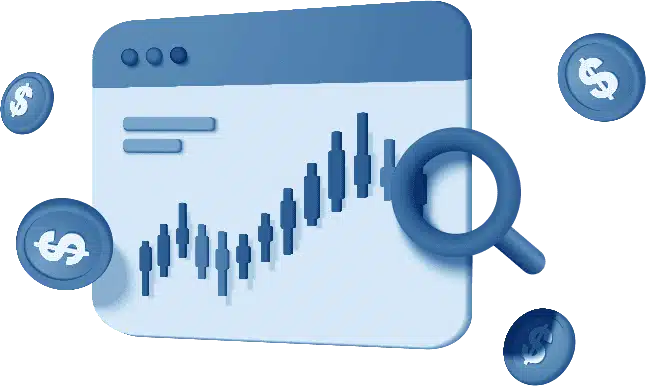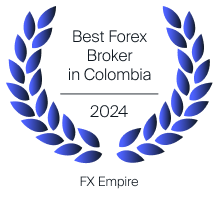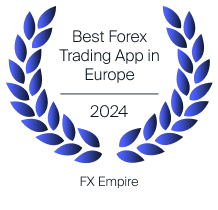Currency trading

- The Basics of Currency Trading
- Basic Terms in Currency Trading
- Major Currency Pairs
- Minor Currency Pairs
- Exotic Currency Pairs
Currency Trading Online
Currency trading is the most liquid and robust market in the world. No other market can compare to the sheer value of this massively traded market. Estimates peg the value of Forex trading at around $5-$7 trillion per day, a figure that far outstrips the value of all stock market trading in the world.
The Basics of Currency Trading
When you’re trading currency pairs, you’re effectively buying one currency and selling the other currency.
Let’s take a simple example to illustrate how this works: the EUR/USD is a commonly traded currency pair. The EUR is the symbol for the Euro, and the USD is the symbol for the US Dollar. In the above currency pair, the EUR is referred to as the base currency, and the USD is referred to as the quote currency.
The ratio is actually viewed as a single unit, even though it refers to 2 individual currencies. In other words, you trade the EUR/USD currency pair – not the EUR or the USD.
Let us further clarify this basic currency trading example by adding in a few figures. If we assume that the EUR/USD is trading at 1.25345, this means that every €1 = $1.25. This means that the Euro is stronger than the dollar, or conversely, you would need more dollars to buy euros.
A Few Basic Terms in Currency Trading
- Major Currency Pair
When you trade currency pairs, you will encounter six major currency pairs in your daily trades. These include the GBP/USD, USD/CHF, USD/JPY, USD/CAD, AUD/USD and EUR/USD. Major currency pairs include one major currency against the US dollar. Simply put, these are the most actively traded currency pairs in the world, and they offer the greatest liquidity. Their volatility is consequently lower, since – given the large number of traders involved – the consensus on a given price is much stronger and harder to disrupt.
- Minor Currency Pair
Minor pairs, by contrast are those currency pairs that are less traded than the major currency pairs. They are less liquid than the major currency pairs and they often have wider spreads. As a general rule, minor currency pairs are any pairs other than the six major currency pairs listed above. Here at AvaTrade, we’ve got a wide selection of minor currency pairs for you to trade.
- Exotic Currency Pair
Exotic currency pairs typically include a currency from an emerging market country. The reason that they are called exotic currency pairs has nothing to do with the location of the country, but rather the additional challenges involved in trading these currency pairs. Exotic currency pairs are generally illiquid, with wider spreads and fewer market-makers. Examples of exotic currency pairs include the South African Rand (ZAR), the Hong Kong Dollar (HKD) and the Mexican Peso (MXN).
Now that you’ve got the scoop on online currency trading, download MT4 platform, open an account at AvaTrade to begin trading your favourite major, minor and exotic currency pairs today. If you’re more interested in cryptocurrencies trading, we invite you to first read our guide on how to trade cryptocurrency. If you want to learn more on how to trade forex, click here.
Currency trading main FAQs
- What is the best currency trading strategy?
There is no best currency trading strategy. The strategy that works best will change based on the market or currency you’re trading, the timeframe you’re trading, and your own personality. Plus, what works this month might not work as well next month, so currency trading is ever changing. You should learn as many strategies as possible and focus on a single currency until you are an expert before spreading yourself too thin.
- How much money do I need to start with currency trading?
At AvaTrade South Africa you can get started on a career currency trading with as little as $100. That said, don’t expect to get rich overnight or even over years if you’re starting with such a small amount. To make large amounts of money in your trading you need to have large amounts to speculate with. Of course, only you know what you can afford to lose, and as they always say never risk more than you can afford to lose.
- What is the difference between currency trading and commodity trading?
The primary difference is that when trading commodities you are speculating on the price moves of physical items such as gold, wheat, cocoa, crude oil and others. Currency trading is speculating on the relative value of one country’s currency versus another. Because commodity trading deals with actual physical items some people feel more comfortable trading commodities, or understand what makes their prices move more easily than with the more abstract currency markets.


















